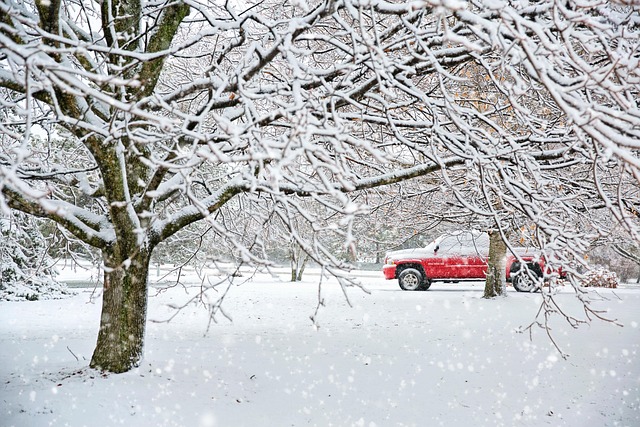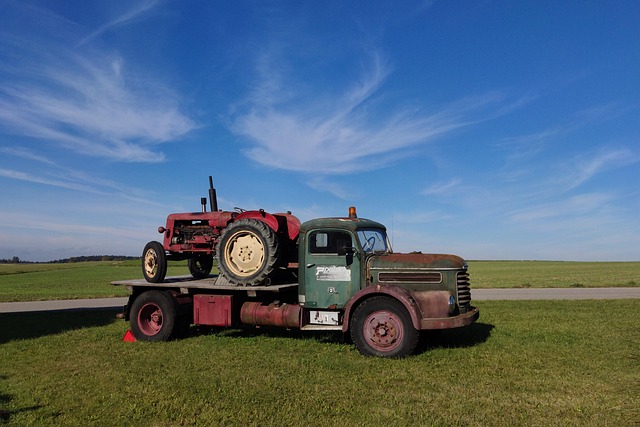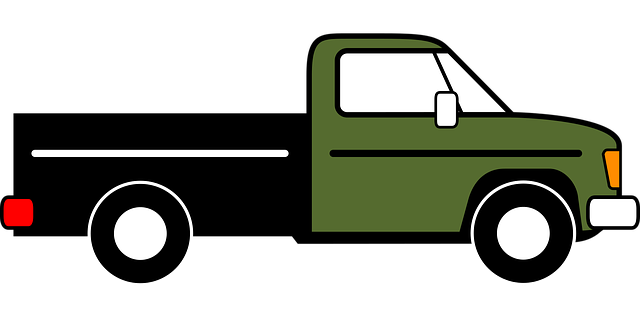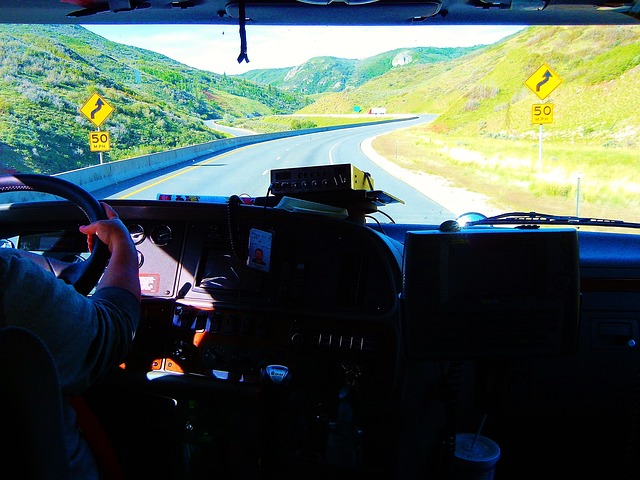Trucking businesses need comprehensive physical damage and collision coverage to safeguard against accidents, natural disasters, theft, and mechanical failures, protecting assets and ensuring operational continuity with policies that include collision, physical damage, and liability coverage. Proper risk assessment based on cargo type, fleet condition, financial capacity, and regulatory updates is crucial for selecting the right trucking business insurance policy.
Protecting your trucking business and its valuable assets is paramount. Physical damage and collision coverage play a crucial role in mitigating financial risks associated with vehicle accidents and mishaps. This comprehensive guide delves into the intricacies of these insurance policies, specifically tailored for trucks, and highlights why they’re essential for trucking businesses to thrive. From understanding policy components to maximizing benefits, we equip you with insights to select the right trucking business insurance.
Understanding Physical Damage and Collision Coverage for Trucks

Physical damage and collision coverage are essential components of insurance for any trucking business. These policies protect trucks from various risks, including accidents, natural disasters, and vandalism. For truckers, ensuring comprehensive coverage is crucial to safeguard their valuable assets and maintain operational continuity.
Collision coverage specifically addresses damages resulting from collisions with other vehicles or objects, offering financial protection against costly repairs or total vehicle loss. Physical damage insurance, on the other hand, covers a wide range of perils, from fire and theft to weather events and mechanical failures. Trucking business owners should carefully review these policies to understand the scope of protection, deductibles, and exclusions, ensuring they align with their operations’ unique needs.
Why Trucking Businesses Need Comprehensive Insurance Protection

In the high-stakes world of trucking, where massive vehicles navigate through diverse and often challenging environments, comprehensive insurance protection is not just a recommendation—it’s a necessity. Trucking business insurance plays a pivotal role in safeguarding against potential risks that can lead to significant financial losses. From collision coverage that mitigates damage during accidents to physical damage protection that guards against theft or natural disasters, these policies are the cornerstone of risk management for any trucking operation.
Trucking businesses face unique challenges that demand robust insurance solutions. The size and value of their fleets mean that even minor incidents can result in substantial financial impacts. Collision coverage ensures that repairs or replacements are covered, while physical damage protection acts as a shield against unforeseen events like vandalism or severe weather. Moreover, comprehensive insurance often includes liability coverage, which protects against claims arising from accidents involving third parties, thus safeguarding the trucking business from potential legal and financial repercussions.
Key Components of Effective Vehicle Damage and Collision Insurance Policies

In the realm of trucking business insurance, effective vehicle damage and collision coverage are cornerstones for protecting investments and mitigating financial risks. Key components include comprehensive and collision coverage, which safeguard against a wide range of potential damages, from minor fender benders to severe accidents. These policies typically cover not only direct repair costs but also towing and storage expenses, ensuring that trucking operations can resume smoothly after an incident.
Additionally, policies often include liability coverage, which protects against claims for property damage or personal injury caused by the insured vehicle. This is particularly crucial in the trucking industry, where accidents can lead to significant legal repercussions. By choosing a policy with adequate limits and broad coverage, trucking businesses can ensure they are prepared for unexpected events, fostering operational continuity and financial security.
Maximizing Benefits: Tips for Selecting the Right Trucking Business Insurance

When selecting a trucking business insurance policy, it’s crucial to understand your specific needs and risk factors. The right coverage can protect your vehicles from significant financial losses due to accidents or physical damage. One key tip is to assess the types of cargo you transport; hazardous materials require specialized policies to comply with regulations and mitigate liability. Additionally, consider the age and condition of your fleet; older trucks might need more extensive coverage for maintenance-related issues.
Another important aspect is understanding deductibles and limits. Adjust these based on your financial capacity and risk tolerance. A higher deductible can lower premiums but ensure you have adequate funds to cover potential claims. Regularly review your policy, especially as your trucking business grows or changes. Stay informed about industry trends, regulatory updates, and new safety standards to make informed decisions when renewing or updating your trucking business insurance.
Protecting your trucking business and its assets is paramount, and comprehensive vehicle damage and collision coverage play a pivotal role. By understanding these insurance policies’ key components and selecting the right traction for your needs, you can navigate the road ahead with peace of mind. Remember, in the dynamic world of trucking, having robust protection is not just an option—it’s essential to ensure the longevity and success of your business. So, take a dive into these insights, and empower yourself with the knowledge to make informed decisions regarding your trucking business insurance.
